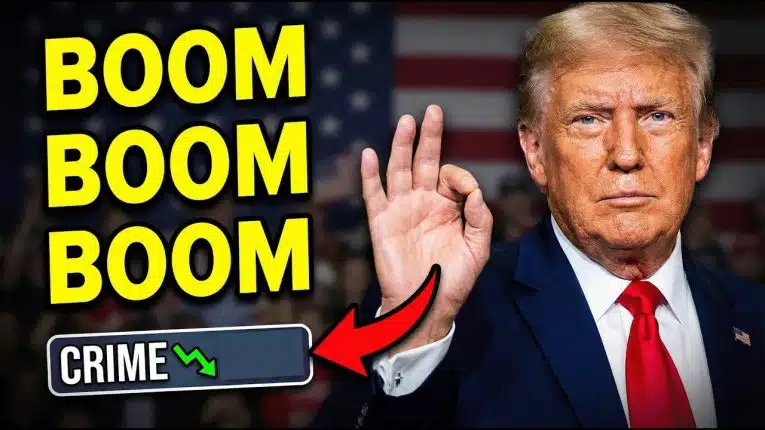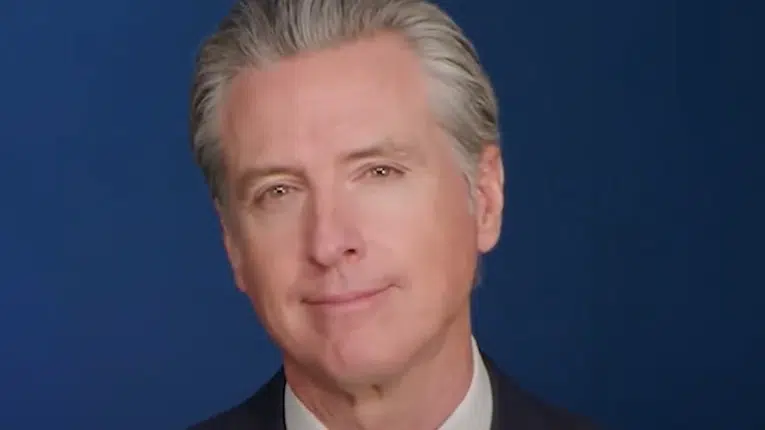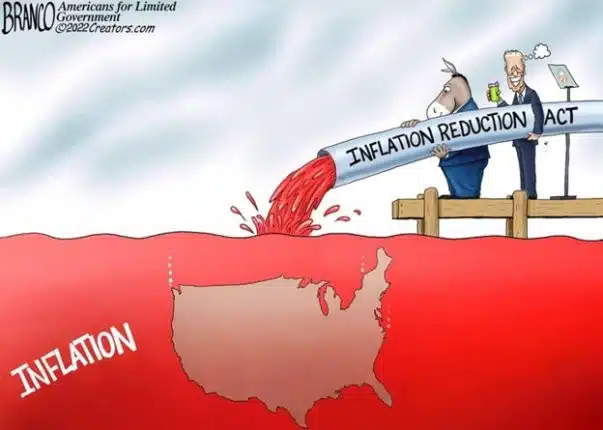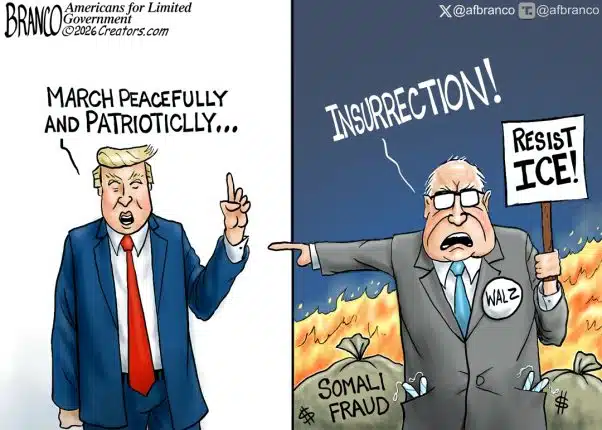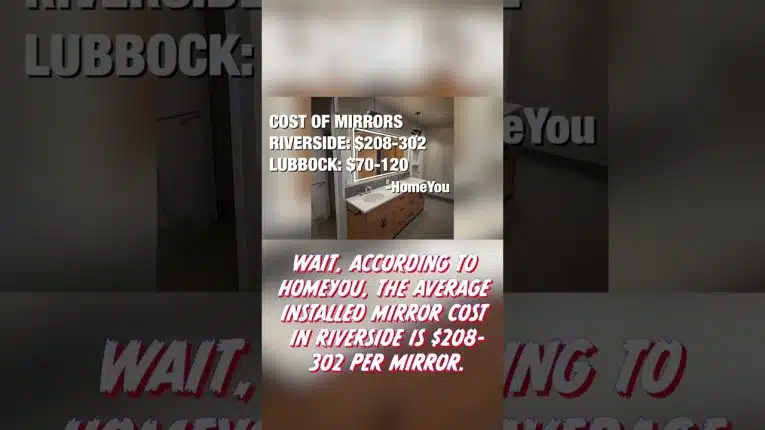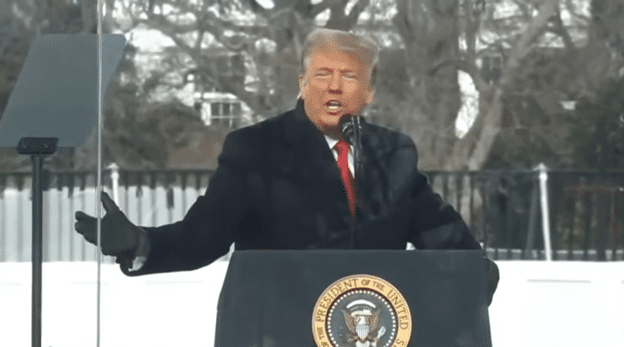
Former President Donald Trump, who is running for president again in 2024 for the Republican nomination, has once again been indicted on Aug. 1 by Special Counsel Jack Smith, this time for challenging the results of the 2020 election, alleging Trump “spread lies that there had been outcome-determinative fraud in the election and that he had actually won. These claims were false, and the Defendant knew that they were false.”
According to the indictment, Trump’s electoral challenges, which are allowed under the First Amendment right to freedom of speech, the press and the right petition the government for redress of grievances, and also by the Electoral Count Act, which allows objections to be raised on the floor of Congress, right or wrong, were “uniformly unsuccessful.” In particular, the Electoral Count Act simply provides a procedure for waging challenges, requiring one member of the House and one member of the Senate for the state raising the challenge to hear the objection. That was done, with challenges ready to be heard for the states of Arizona, Pennsylvania and Georgia on Jan. 6, 2021.
Trump additionally had claimed prior to Jan. 6, 2021 that under the Twelfth Amendment to the Constitution, Vice President Pence had the power to unilaterally hear the alternate slates of electors that the Trump campaign was putting forward, and to otherwise send the election back to the states for recertification, a point of law that Pence disputed, saying it was up to the states to put forward their electors, which they already had. They disagreed about that, but Trump still persisted in exercising his First Amendment right to raise the challenge and attempt to persuade both Pence and Congress to consider the alternate slates of electors put forth, and if that failed, for Congress to discount the Electoral College votes from the states raising challenges under the objection process provided for under the Electoral Count Act.
At the Save America Rally on Jan. 6, 2021, former President Trump explicitly urged everyone to “peacefully” protest the Electoral College certification of Joe Biden as President-elect: “We have come to demand that Congress do the right thing and only count the electors who have been lawfully slated, lawfully slated. I know that everyone here will soon be marching over to the Capitol building to peacefully and patriotically make your voices heard.” Trump also argued, “All Vice President Pence has to do is send it back to the States to recertify, and we become president, and you are the happiest people.”
That is all political speech protected by the First Amendment.
In the case of Jan. 6, 2021, ironically, the riot at the U.S. Capitol prevented the legal election challenges from being heard on the floor of Congress, which were not voted upon in the House until 11:08 p.m. on Jan. 6, 2021 and 3:08 a.m. on Jan. 7, 2021 for the objections to Arizona and Pennsylvania, respectively. Votes in the Senate similarly failed to discount the Electoral College votes from those states. However, an objection to the electors from Georgia was withdrawn after the riot.
Critically, when the objections that were heard on the floor of Congress were heard, former Vice President Mike Pence stated for the record that they had been made “in accordance with the law” as was his sole determination to make — as if there was any doubt, challenges to the Electoral College are heard by Congress — underscoring that Trump’s speech at the Save America Rally on Jan. 6, 2021 and the challenges raised in Congress were First Amendment-protected political speech.
The U.S. House of Representatives impeached Trump for giving that speech with an incitement of insurrection charge stating Trump “willfully made statements that, in context, encouraged — and foreseeably resulted in — lawless action at the Capitol” for which Trump was acquitted by the Senate.
Trump had a right to challenge the election. This is something the Justice Department contradictorily acknowledges in the indictment: “The Defendant had a right, like every American, to speak publicly about the election and even to claim, falsely, that there had been outcome-determinative fraud during the election and that he had won. He was also entitled to formally challenge the results of the election through lawful and appropriate means, such as by seeking recounts or audits of the popular vote in states or filing lawsuits challenging ballots and procedures. Indeed, in many cases, the Defendant did pursue these methods of contesting the election results. His efforts to change the outcome in any state through recounts, audits, or legal challenges were uniformly unsuccessful.”
But then Smith ignores that Trump also had a right to convene alternate slates of electors, as happened in the presidential elections of both 1876, prior to the passage of the Electoral Count Act in 1887, and in 1960, afterward, when both parties in contested states put forward competing slates of electors that Congress had to later sort out. Smith would make these challenges into a crime where no crime exists, as Congress has never prohibited convening alternate slates of electors.
Instead, Smith relies on the very vague statute, 18 U.S.C. Sec. 371, which states, “If two or more persons conspire either to commit any offense against the United States, or to defraud the United States, or any agency thereof in any manner or for any purpose, and one or more of such persons do any act to effect the object of the conspiracy, each shall be fined under this title or imprisoned not more than five years, or both.”
Here, Smith is saying that this statute prohibits convening alternate slates of electors for consideration if he says it does, superseding the role of Congress to exercise its political discretion in writing such a law, which it has not.
Indeed, in 1887, Congress passed the Electoral Count Act, the very process that was used in every election thereafter, including on Jan. 6, 2021. It didn’t prohibit election challenges, and it didn’t prohibit convening alternate slates of electors. What it instead sought to address was the process that the states and Congress would follow in the event there were such disputes and controversies over who won a state’s election, leaving the final determinations to the states to certify electors and to Congress to hear objections.
That’s it. It doesn’t outline criminal penalties of any kind for such disputes, and provided processes for hearing them.
Because they couldn’t. The alternate electors, whether for the 1876, 1960 and 2020 elections, even if not acknowledged by their respective state governors or legislatures, unquestionably had a right to peaceful assembly and to petition the government under the First Amendment, which states, “Congress shall make no law respecting an establishment of religion, or prohibiting the free exercise thereof; or abridging the freedom of speech, or of the press; or the right of the people peaceably to assemble, and to petition the Government for a redress of grievances.”
As noted by the Congressional Research Service’s Valerie Brannon in Aug. 2022 summarizing First Amendment jurisprudence on false speech, “a law is presumptively unconstitutional unless the government can show the challenged law is the least restrictive means of targeting speech while also serving a compelling governmental interest. Courts have sometimes extended this general principle to laws regulating false speech and concluded that laws prohibiting lies about a certain topic trigger strict scrutiny.”
Well, the “least restrictive” means for adjudicating Trump’s election challenges, which Special Counsel Smith says were knowingly false, were the processes that dismissed the challenges.
In fact, as Special Counsel Smith notes, the Trump challenges, through various lawsuits at the state and federal level, appeals to state legislatures, then Vice President Mike Pence and finally, Congress on Jan. 6, 2021, when those challenges were heard, “were uniformly unsuccessful.”
That is, they didn’t work. Not one of them. After the election of 2020, despite Trump’s challenges, no state changed its choice for president, whether via a lawsuit, a vote in the state legislature or on the floor of Congress on Jan. 6, 2021.
And there was never much of a chance that they would be changed, especially after courts summarily dismissed Trump’s arguments that arbitrary changes to state election laws during the Covid pandemic by state governors to allow mail-in ballots and to prevent election monitors from observing the receipt and counting of ballots due to social distancing rules violated the equal protection of the laws under the Fourteenth Amendment, or other challenges that suggested there was vote-switching by ballot machines or dumps of fraudulent ballots and so forth.
In other words, even if Smith was correct that “[t]hese claims were false, and the Defendant knew that they were false,” by the Justice Department’s admission, the law prevailed. Courts never threw out vote counts, states never switched their votes and the Vice President was never persuaded to accept the alternate slates of electors the Trump campaign put forward on Jan. 6, 2021. Joe Biden was inaugurated on Jan. 20, 2021 without incident.
The “least restrictive” means of adjudicating Trump’s challenges have already been exhausted. Trump lost the challenges. This case should be dismissed.
In any event, the claim that Trump believed his challenges were false seems highly doubtful, as Trump has appeared emphatic in his belief that there was fraud, including his statement on Nov. 4, 2020 before the counting of ballots cast on Nov. 3, 2020 had even been completed.
Trump stated, “all of a sudden everything just stopped,” noting that many states had stopped counting ballots in the middle of the night. He added, “This is a fraud on the American public. This is an embarrassment to our country. We were getting ready to win this election. Frankly, we did win this election. So our goal now is to ensure the integrity, for the good of this nation. This is a very big moment. This is a major fraud on our nation. We want the law to be used in a proper manner, so we’ll be going to the U.S. Supreme Court. We want all voting to stop. We don’t want them to find any ballots at 4 o’clock in the morning and add them to the list, okay? It’s a very sad moment. To me, this is a very sad moment. And we will win this. As far as I’m concerned, we already have won it.”
Then Trump invited Vice President Pence to speak, “Mr. Vice President, say a few words please.”
Pence, who had just heard Trump assert that there was “fraud,” then promised “we’re going to protect the integrity of the vote” and that he believed “we are on the road to victory”: “while the votes continue to be counted, we’re going to remain vigilant, as the President said. The right to vote has been at the center of our democracy since the founding of this nation and we’re going to protect the integrity of the vote. But I really believe with all my heart with the extraordinary margins, Mr. President, that you’ve inspired in the states that you just described. And the way you launched a movement across the country to make America great again, I truly do believe, as you do, that we are on the road to victory, and that we will make America great again, again.”
In every single public statement ever since, Trump has maintained his Nov. 4, 2020 declaration that there had been “fraud” in the 2020 election, even after he exhausted all legal means of overturning the result. He never wavered. And even if Trump privately expressed doubts about the challenges or after the vote had been certified or after President Joe Biden had been inaugurated—if so, Special Counsel Smith did not present evidence that Trump disbelieved his core assertion of “fraud”—Trump had the right to raise the challenges, whether in courts, state legislatures, the Vice President, Congress or with a rally.
And yet, Smith would deny Trump and his campaign the rights to peaceably assemble and petition, explicitly protected under the First Amendment, in this case his alternate slates of electors, using a statute that does not even implicitly ban such assemblies in any way, shape or form. What a joke.
Robert Romano is the Vice President of Public Policy at Americans for Limited Government Foundation.


